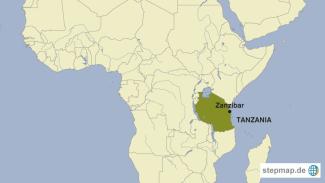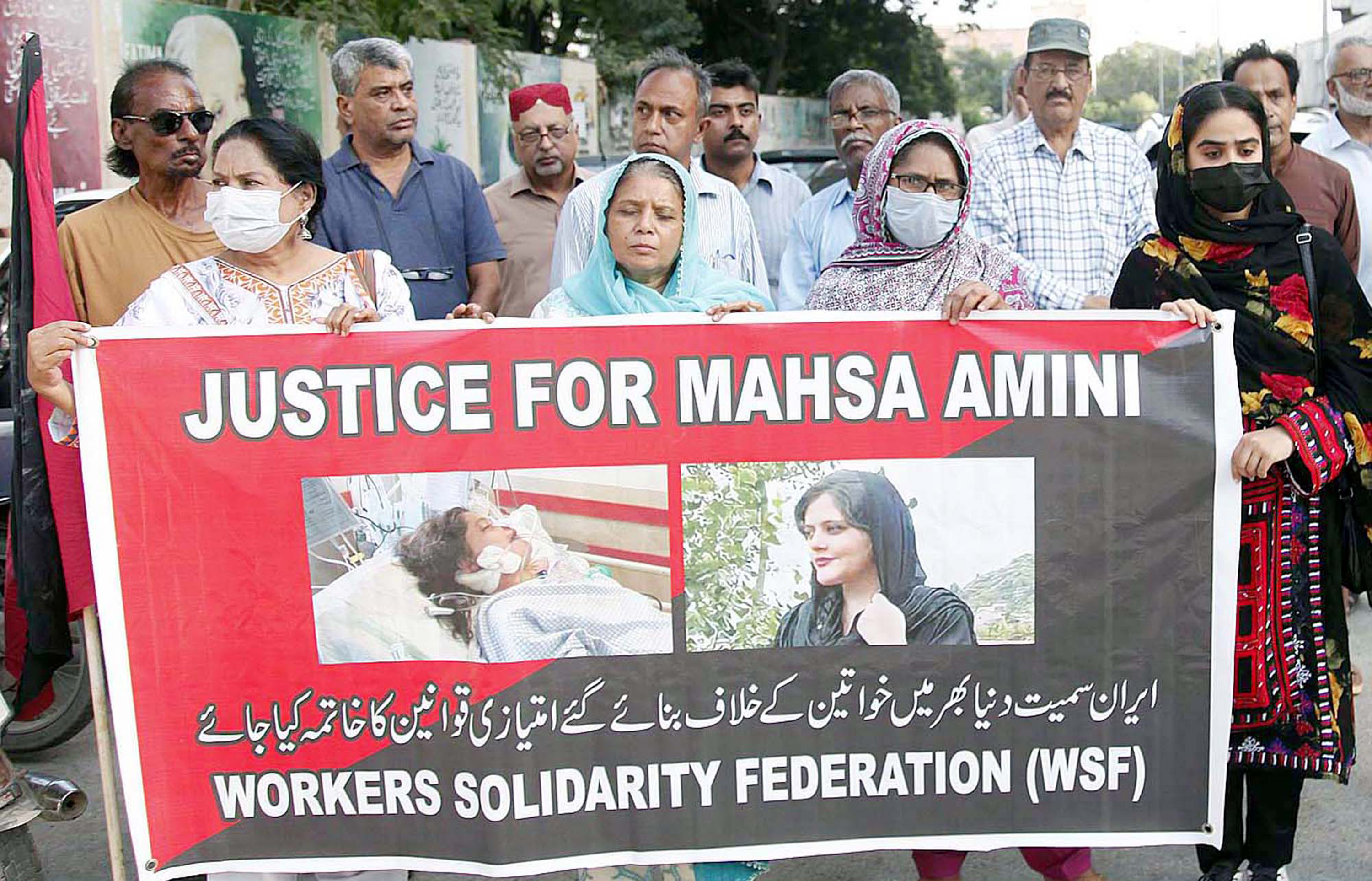Gender-based violence
Women at risk of abuse

About 109 cases of gender-based violence were registered by the regional courts of the islands Zanzibar and Pemba from January 2015 to December 2016, with the northern part of the region being affected in particular. These figures were published by Zainabu Omar Mohammad, the regional government’s minister for community, youth, women and children affairs.
Mwandiwe Makame Kali is a member of the “Women Development Association of North Region”, a non-governmental organisation. She says she knows of cases in which women were raped or husbands abandoned their wives and children; even primary school girls and mentally disordered girls were sexually abused. The women’s rights activist points out that all the cases happened in different villages. She says that only three cases were heard in court.
Haroub Suleiman Hussein, a social welfare officer of Wete District in Pemba, says: “It is difficult for justice to be asserted in cases of gender-based violence.” The reasons are that the public is not aware of the issues, and that it is difficult to gather sufficient evidence in cases of abuse.
Lawyer Jamila Mahmoud agrees. She belongs to the “Zanzibar Female Lawyers Association” (ZAFELA), a civil-society organisation. According to her, “the increase of gender-based violence and child abuse in Zanzibar results from the lack of awareness among women themselves as well as weak legal action taken against guilty men”. Jamila Mahmoud adds that Zanzibar’s education law is out-dated. This law was passed in 1982, and it stipulates that parents who are convicted of forcing their school-age daughter into marriage must pay a fine of 3000 Tanzania shillings. This sum equals two dollars – anybody can afford to pay it, so the law does not protect young girls from a destructive tradition.
Salama is a 19-year-old divorced girl with two children from Wete. She is now living with her parents again. “I was forced to leave school and marry after I became pregnant. But life with my husband was miserable. Sometimes, I had to beg for food from our neighbours, because my husband did not care about me and my child.”
Ali Shaaban Juma is a journalist and lives in Zanzibar, Tanzania.
rafikifumba1@hotmail.com












